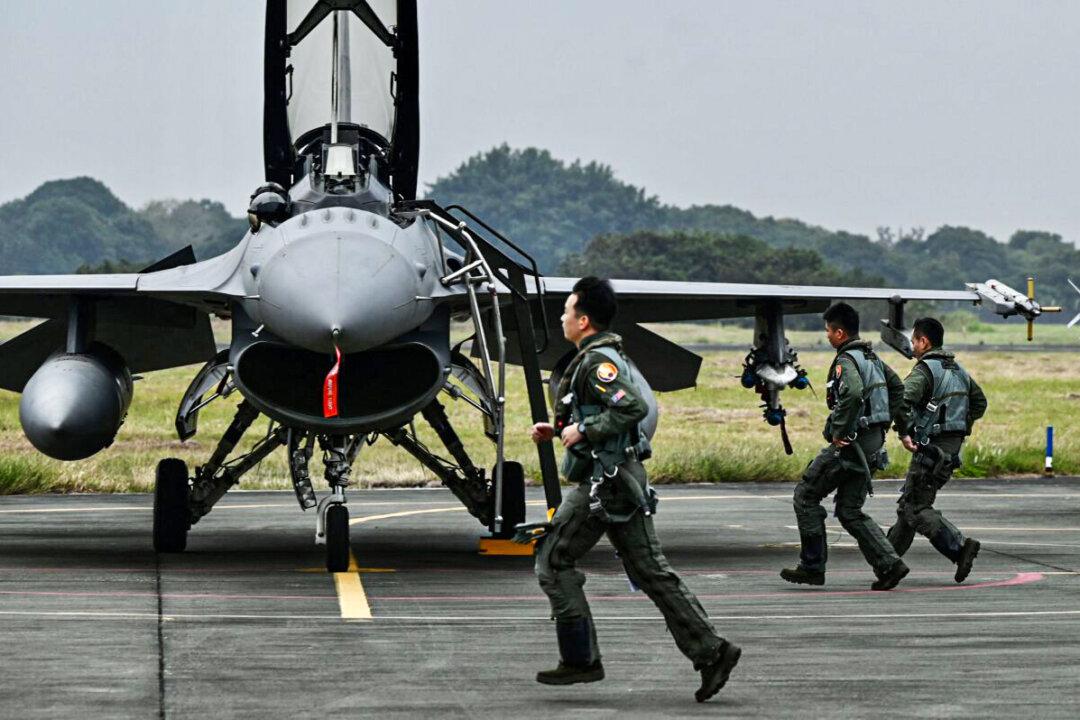A scorched-earth policy involving Taiwan destroying its own advanced semiconductor plants in the event of a Chinese invasion would be a good deterrence strategy for the self-ruled island against warmongering China, according to a recent paper published by the U.S. Army War College.
“In practice, this strategy means assuring China an invasion of Taiwan would produce a major economic crisis on the mainland, not the technological boon some have suggested would occur as a result of the PRC [People’s Republic of China] absorbing Taiwan’s robust tech industry,” the paper’s (pdf) authors state.





